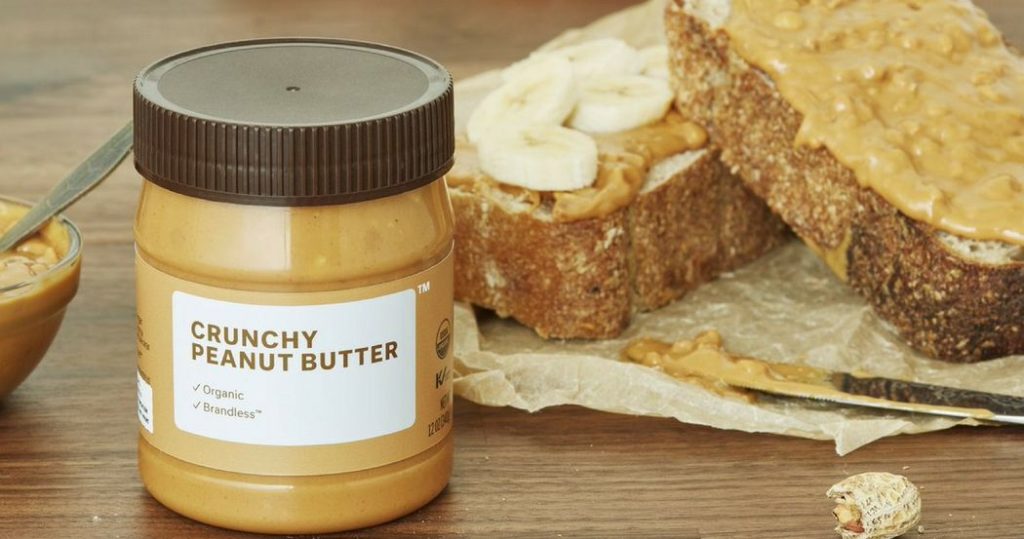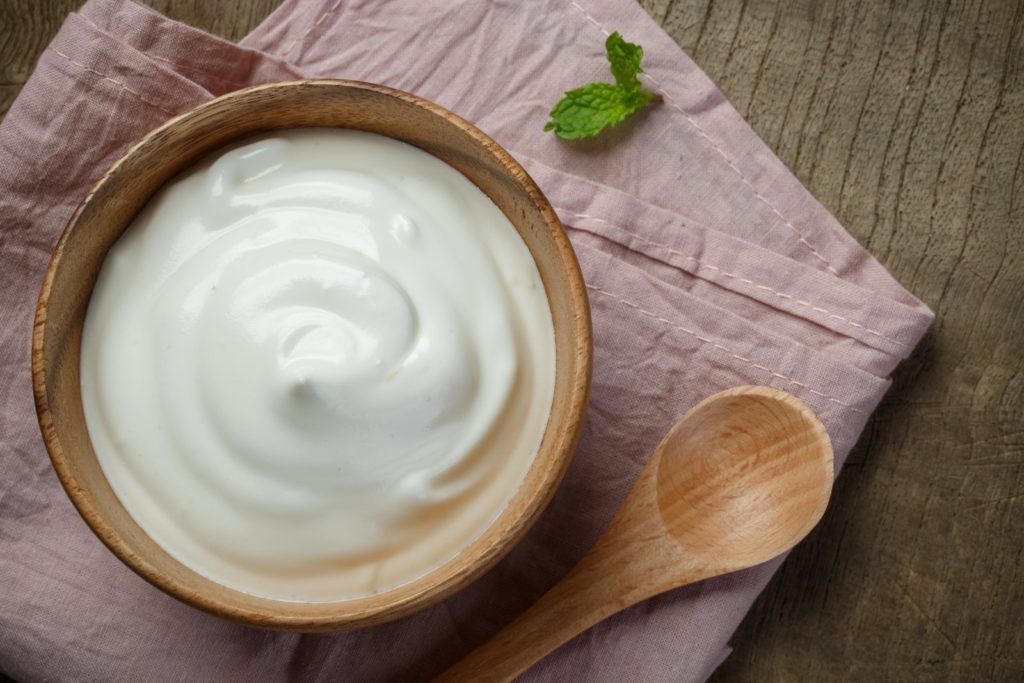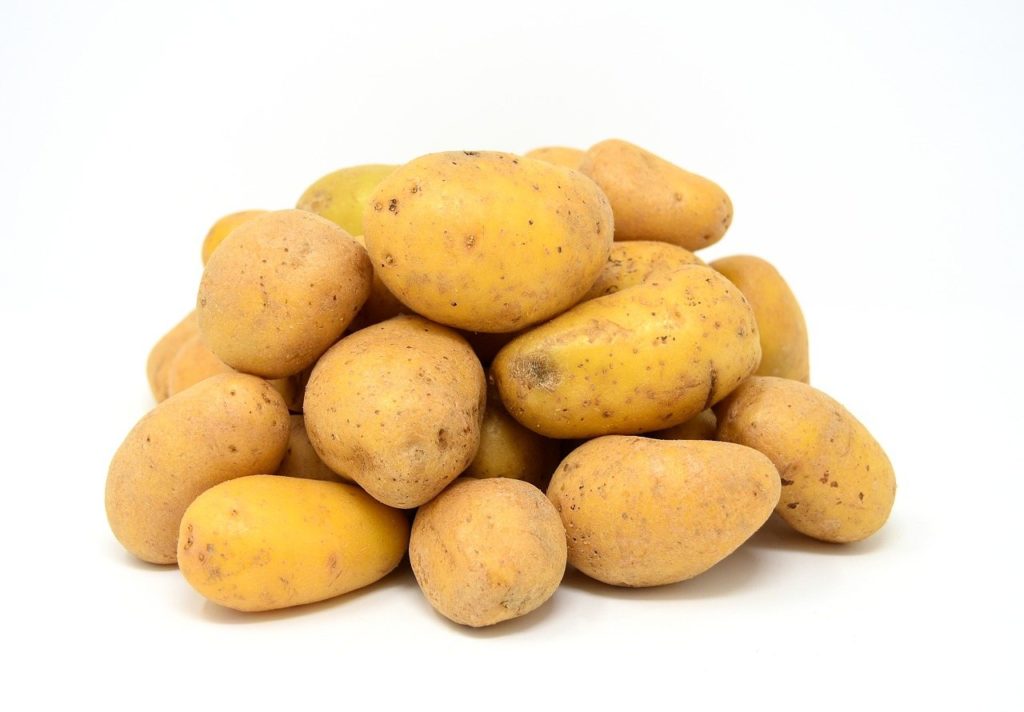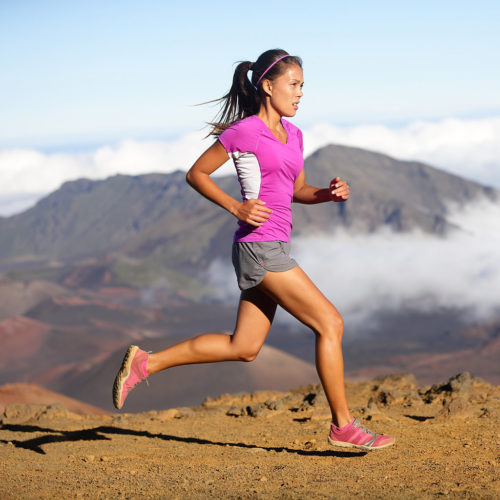OPTIMAL PERFORMANCE: THE 9 BEST FOODS FOR RUNNERS

A good race depends on more than just your training. To improve your speed and performance, you also need to consider what you are putting into your body. The right foods at the right time can boost your running performance tremendously. Plus, you will reduce the risk of injury and illness. The best foods every runner should include in his or her meal plan are:
1. BANANAS
If you need a high-carb energy booster before your afternoon run, you can’t go wrong with a banana. This fruit also contains a healthy dose of potassium (about 400 mg). This is especially important for long-distance runs or in hot temperatures when you are likely to sweat a lot and thus lose valuable minerals. Potassium (as well as other minerals like sodium, magnesium and chloride) compensates for this loss and lowers your blood pressure at the same time.

2. OATS
Oatmeal is the perfect breakfast when you want to go out for a run afterwards. It provides you with plenty of carbs (one serving contains about 25 g) and is high in fiber. Plus, oats have a low glycemic index. This means that they cause your blood sugar level to rise slowly, provide you with energy over a longer period of time and keep you feeling full longer. Also, did you know that a healthy adult should get about 50% of his or her total energy from carbohydrates?
3. PEANUT BUTTER
Here, we are talking about pure peanut butter without any additives like sugar, salt or oil. It’s a good source of vitamin E, which is probably the most effective antioxidant among the vitamins. While it is true that peanuts contain a lot of fat (making them anything but low calorie), it mainly consists of monounsaturated and polyunsaturated fatty acids. These can help lower cholesterol levels in your blood.

Plus, they are important for strengthening your immune system, speeding up your post-run recovery and preventing injuries. Peanut butter also contains a good deal of protein and thus helps your muscles grow. Try putting peanut butter on whole grain toast with banana slices – it tastes amazing! It is also good for a snack with a few slices of apple.
4. BROCCOLI
This green vegetable is full of vitamin C. According to studies, this can help reduce the risk of, or even prevent sore muscles after intense workouts. Broccoli is also a good source of calcium, folic acid and vitamin K, which strengthen our bones. Our tip: Broccoli tastes great together with salmon or lean beef.
5. PLAIN YOGURT
Yogurt is the perfect combination of carbohydrates and proteins. It has a biological value of nearly 85 %, meaning that it has a high percentage of essential amino acids (which cannot be synthesized by the body and so must be obtained through food). Consumed right after a run, it can speed up your recovery and thus protect your muscles.

The calcium contained within also strengthens your bones. An additional benefit of yogurt is that it contains live lactic acid bacteria (probiotics). These stimulate your gut flora and thus boost your immune system. This is important for everybody, not just dedicated runners.
6. DARK CHOCOLATE
As a diligent runner, you are allowed to treat yourself once in a while. Dark chocolate (with at least 70% cacao) is the perfect sin because you don’t have to feel guilty afterwards. It can lower your blood pressure and cholesterol levels. Plus, the flavanols (secondary metabolites) contained within help reduce inflammation. What is the best thing about dark chocolate (other than the taste)? It puts you in a good mood. But here as usual it always comes down to portion size. Two or three squares are plenty. When combined with a handful of nuts, they can help you beat the mid-afternoon slump.
7. WHOLE-GRAIN PASTA
It is no coincidence that people often hold pasta parties the night before a marathon. These events not only help put you in the right mindset for the next day’s race, but the high-carb meal also fills up your glycogen stores. These glycogen reserves provide you with the energy you need during the marathon. When buying pasta, and bread for that matter, make sure to choose the whole-grain variety – these keep you full longer and contain additional B vitamins (like bananas, too).

These are essential for building muscle and can improve your endurance and performance. Enjoy your pasta, for instance, with a tuna and tomato sauce instead of the heartier carbonara version. It doesn’t sit as heavy in your stomach but is still full of calories.
8. COFFEE
Studies have shown that a cup of coffee can give your high-intensity interval training a boost. The caffeine contained within helps you run faster and cover your training distance in less time. The important thing is that you drink black coffee – without milk and sugar. Many people still think that coffee dehydrates your body, but this isn’t true. What coffee does do is increase your urine output, meaning that you might have to go to the toilet more often than usual. Which, when you come to think of it, probably isn’t such a great thing during a marathon.
9. POTATOES
Potatoes like bananas are a valuable source of potassium, making them a staple of every runner’s diet. Also worth mentioning is their calorie content. For example, 100 g of the popular vegetable has two-thirds less calories than 100 g of rice. When paired with lean chicken, salmon or fried eggs, they make for a healthy and tasty recovery meal.

Plus, did you know that just one large sweet potato can cover your total daily requirement of vitamin A? This vitamin works as an antioxidant, improves your eyesight, strengthens your bone tissue and boosts your immune system. So you see that a runner’s meal plan should be balanced and varied. What you eat, how often you eat and when you eat should always be aligned with your personal goals. You need more eating tips? Find out more about the best foods before running.
